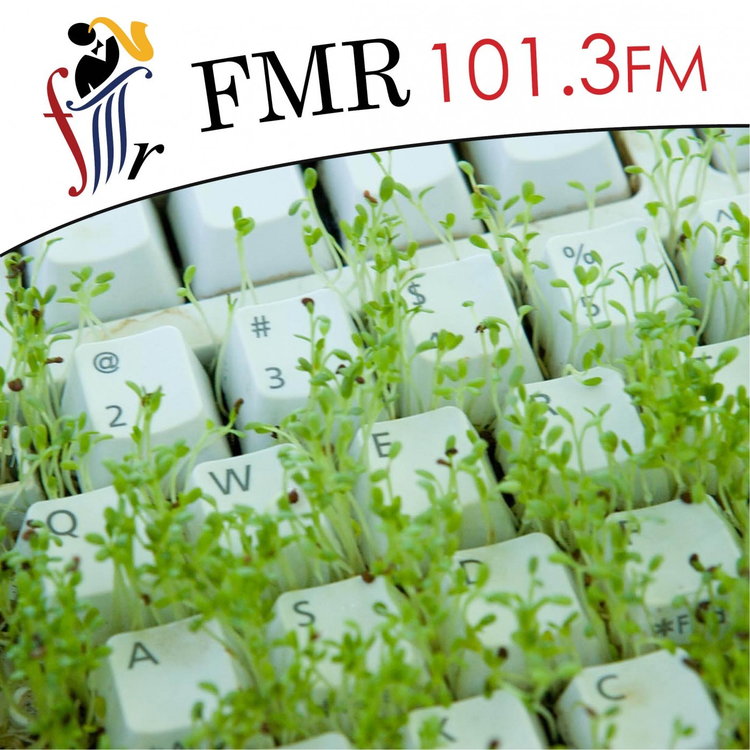
Being Green - 16 November 2018
Loading player...
John Richards talked to Agripa Munyai of Tetra Pak SA about developments in the company’s recycling initiatives.
Tetra Pak had its beginnings way back in1929 in Sweden, and was developed during WWII and came onto the packaging scene in the ‘50s and ‘60’s big time.
It’s one of the most effective packaging solutions, and I’m sure you buy products regularly in Tetra Pak containers. You can recycle Tetra Pak’s but do you know that?
The board-plastic-aluminium composite material that goes into the Tetra-Pak containers can now be de-constructed in the M-Pact recycling plant in Springs and separated into feed materials for manufacture of products.
Agripa Munyai, Sustainability Manager for Tetra Pak SA, says that liquid cartons have previously been a contributor to waste in South Africa’s landfill sites. “We are now left with the challenge of educating South Africans to recycle these products, which often take up half of our weekly grocery shopping baskets.”
But no more. Consumers can now recycle these containers with confidence, and a network of collection sites and recyclers is being built up by Tetra Pak and their associates. This has the potential to remove up to 11 000 tonnes of carbon emissions.
Tetra Pak had its beginnings way back in1929 in Sweden, and was developed during WWII and came onto the packaging scene in the ‘50s and ‘60’s big time.
It’s one of the most effective packaging solutions, and I’m sure you buy products regularly in Tetra Pak containers. You can recycle Tetra Pak’s but do you know that?
The board-plastic-aluminium composite material that goes into the Tetra-Pak containers can now be de-constructed in the M-Pact recycling plant in Springs and separated into feed materials for manufacture of products.
Agripa Munyai, Sustainability Manager for Tetra Pak SA, says that liquid cartons have previously been a contributor to waste in South Africa’s landfill sites. “We are now left with the challenge of educating South Africans to recycle these products, which often take up half of our weekly grocery shopping baskets.”
But no more. Consumers can now recycle these containers with confidence, and a network of collection sites and recyclers is being built up by Tetra Pak and their associates. This has the potential to remove up to 11 000 tonnes of carbon emissions.

